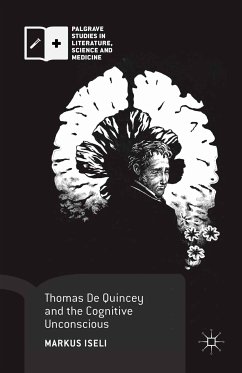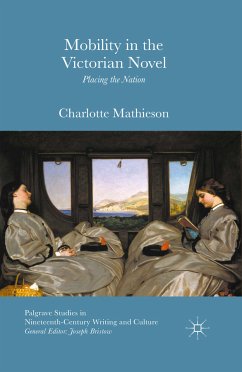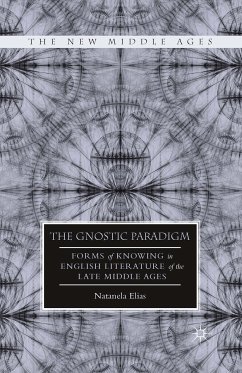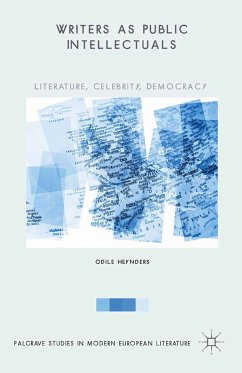
Thomas De Quincey and the Cognitive Unconscious (eBook, PDF)
Versandkostenfrei!
Sofort per Download lieferbar
40,95 €
inkl. MwSt.
Weitere Ausgaben:

PAYBACK Punkte
20 °P sammeln!
This book examines Thomas De Quincey's notion of the unconscious in the light of modern cognitive science and nineteenth-century science. It challenges Freudian theories as the default methodology in order to understand De Quincey's oeuvre and the unconscious in literature more generally.
Dieser Download kann aus rechtlichen Gründen nur mit Rechnungsadresse in A, B, BG, CY, CZ, D, DK, EW, E, FIN, F, GR, HR, H, IRL, I, LT, L, LR, M, NL, PL, P, R, S, SLO, SK ausgeliefert werden.












